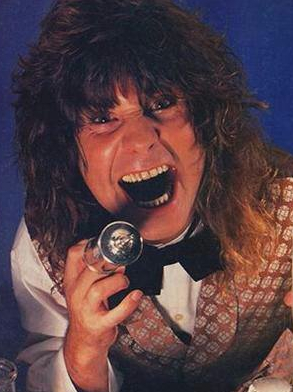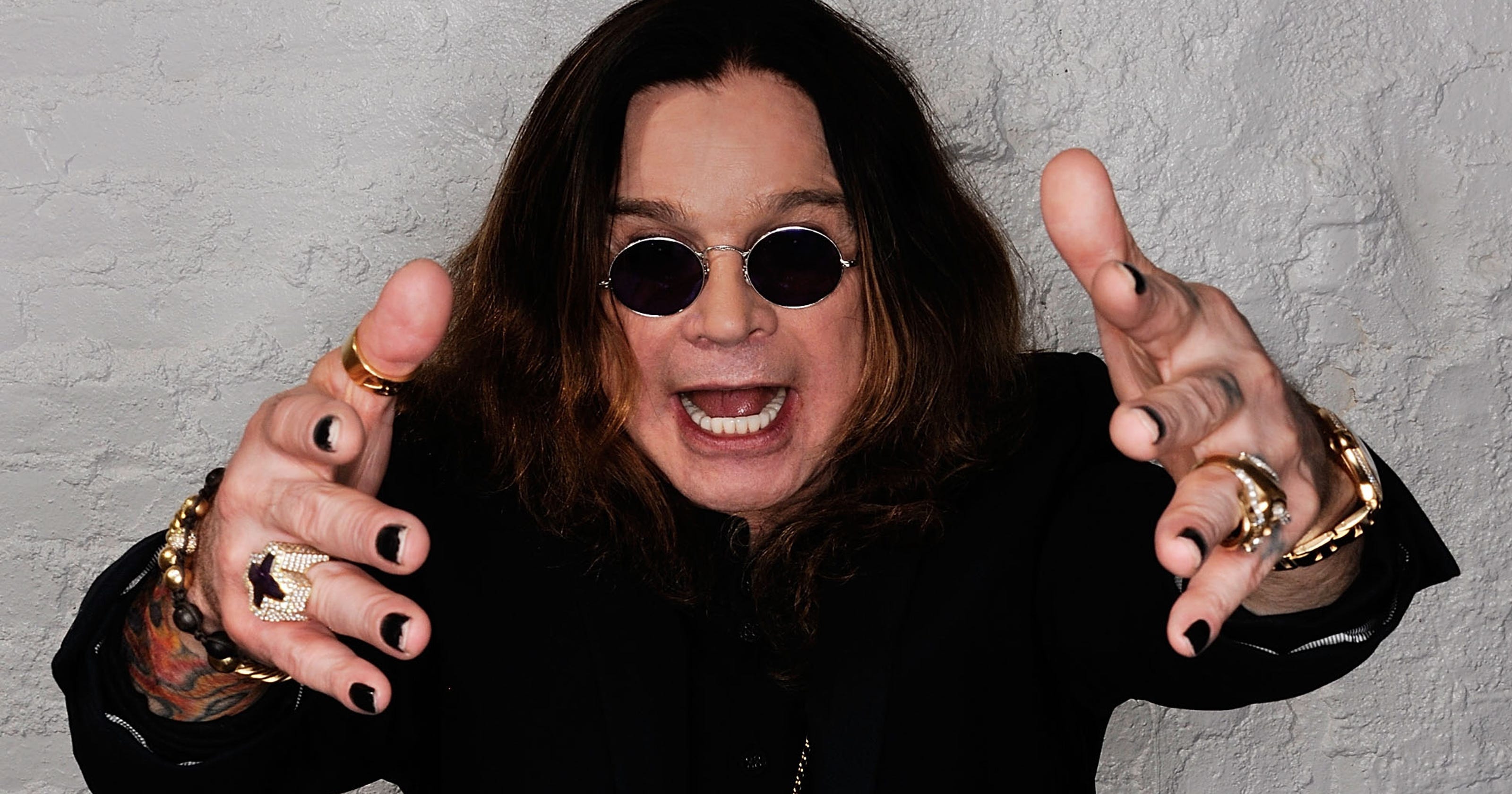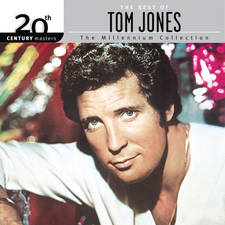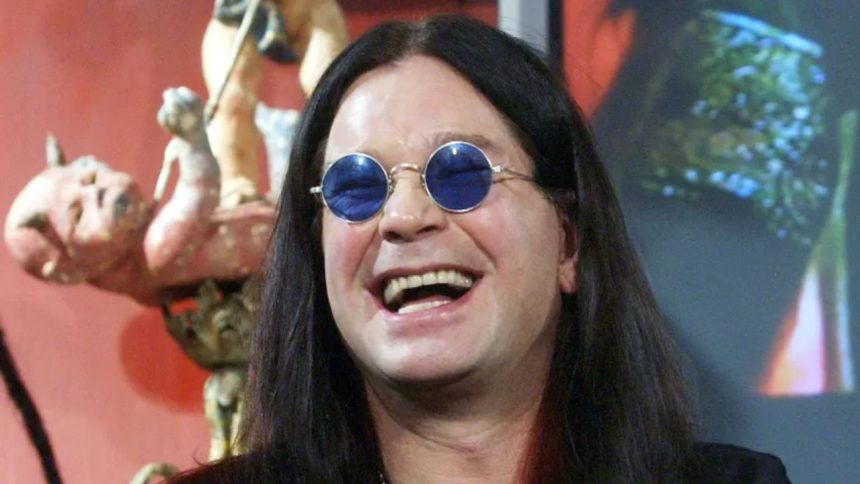Gallery
Photos from events, contest for the best costume, videos from master classes.
 |  |
 |  |
 |  |
 | :max_bytes(150000):strip_icc():focal(651x0:653x2)/Ozzy-Osbourne-Alpine-Valley-Music-Theater-1982-a3583fa5a3aa41928318d1ded69f8e54.jpg) |
 |  |
 |  |
Once referred to as multiple personality disorder, dissociative identity disorder (DID) is a serious mental health condition. DID is associated with long-term exposure to trauma, often chronic traumatic experiences during early childhood. It is often misunderstood and portrayed incorrectly in popular media. Dissociative identity disorder (DID) is a rare condition in which two or more distinct identities, or personality states, are present in—and alternately take control of—an individual. Most people with DID have experienced repetitive and severe childhood trauma, including physical and sexual abuse, emotional neglect, and a dysfunctional home environment. The most recognizable symptom of dissociative identity disorder (DID) is a person’s identity being involuntarily split between at least two distinct identities (personality states). Legendary rocker Ozzy Osbourne bit the head off a live bat in 1982. He explained why the infamous incident was really an accident. But was it true? Did Ozzy Osbourne actually bite the head off of a live bat? Yes. Yes, he did. Ozzy Osbourne on stage in 1982. (Photo by Paul Natkin/Getty Images). Picture: Getty By the time Ozzy had performed at the Des Moines Veterans Memorial Auditorium on 20th January 1982, Ozzy had already been on tour for approximately a year. Ozzy Osbourne would go on to appear in the Adam Sandler classic Little Nicky, saving the day by biting the head off the movie’s main villain, who just happened to have transformed into a Dissociative identity disorder (DID) is a disorder associated with severe behavioral health symptoms. DID was previously known as Multiple Personality Disorder until 1994. Did Ozzy Osbourne really eat a bat onstage? Rock's most outrageous rumor, explained The answer, like so many things in life, is complicated. Explore the complexities of Dissociative Identity Disorder (DID), its symptoms, causes, and treatment options. Learn how this condition affects mental health and daily life. Ozzy's shenanigans reached a batty crescendo on January 20, 1982, when a concertgoer hurled a bat at Ozzy. Evidently intent on putting the "crazy" in "Crazy Train," the singer responded in a way that would make normal mortals vomit. Ozzy Osbourne biting the head off a bat live onstage in front of a stunned audience is perhaps most surprising because of how unsurprising it is; however, one must argue that the murder was committed in the name of performance. The legendary late rocker Ozzy Osbourne was known for bizarre antics and wild acts, but his most infamous was biting off a dead bat's head in 1982. DID is fundamentally a trauma-related disorder that typically develops during early childhood as a response to severe, chronic abuse or trauma. The condition involves disruptions in memory, consciousness, identity, and perception that go far beyond normal forgetfulness or mood changes. DID is among the most controversial of the dissociative disorders and among the most controversial disorders found in the DSM-5-TR. [61][19][36] The primary dispute is between those who believe DID is caused by traumatic stresses that split the mind into multiple identities, each with a separate set of memories, [62][22] and those who believe Ozzy Osbourne will forever be remembered as the Prince of Darkness — but even in death, his infamous 1982 bat-biting incident will be cemented in rock history. The Black Sabbath frontman died on Dissociative identity disorder is an often misunderstood condition, but the tide is turning. Learn about the symptoms of DID here. Ozzy has repeatedly explained that the bat felt alive when he bit it, saying it “twitched” in his mouth. The truth, however, is that the bat was already dead when Neal and his friends decided to sneak it past security. As the music world mourns the loss of a musical icon, it's time to revisit one of rock's biggest stories: did Ozzy Osbourne really bite the head off a bat? Dissociative identity disorder (DID) is a mental health condition where you have two or more separate identities. It can be a way for you to escape from negative experiences you’ve lived through.
Articles and news, personal stories, interviews with experts.
Photos from events, contest for the best costume, videos from master classes.
 |  |
 |  |
 |  |
 | :max_bytes(150000):strip_icc():focal(651x0:653x2)/Ozzy-Osbourne-Alpine-Valley-Music-Theater-1982-a3583fa5a3aa41928318d1ded69f8e54.jpg) |
 |  |
 |  |